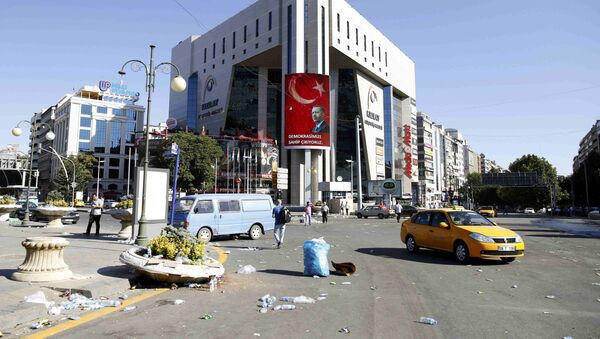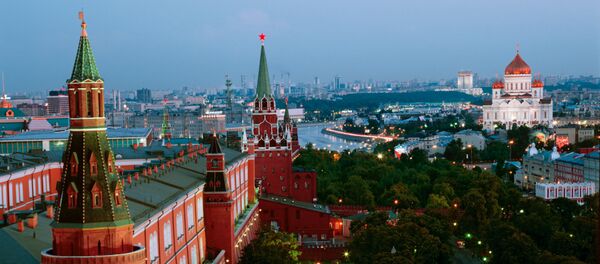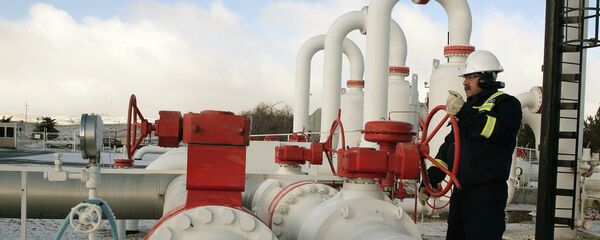The outlet noted how carefully the Turkish leadership has been monitoring the delayed reaction of the West to the failed attempt of the overthrow.
Only on Saturday afternoon, it says, came the comments of EU foreign policy chief Federica Mogherini and Johannes Hahn, Commissioner for the European Neighborhood Policy and Enlargement Negotiations.
Its senior NATO ally, the US, was also mute for the first three or four hours.
However, the newspaper notes, Russian President Putin was the first to voice support for Recep Tayyip Erdogan. During their telephone conversation on Saturday, the two leaders decided to put off their planned meeting until early August.
Timothy Ash, an emerging markets analyst at the Japanese banking giant Nomura, has told the newspaper that the events of the last weekend are groundbreaking for Turkey.
"The character and the face of the country will change towards the Asian model of development: a strong central presidency and a dominant single party government, like the one in Malaysia," Wirtschaftsblatt quotes him as saying.
The last illusions will be dropped when the Turkish parliament reintroduces the death penalty. President Erdogan has already announced that this would happen.
Another motive for the rapprochement with Moscow, the newspaper says, is the Turkish Stream pipeline project and the Turkish interest in Russian nuclear power plants.
Additionally, it reasoned, gas supplies from Israel and Iran would help Turkey to position itself as a central hub between the East and the West.
Iranian President Hassan Rouhani has already condemned the coup attempt in the country. In a telepnone conversation with his Turkish counterpart Rouhani, he said that Iran has always stood behind the legitimate government in Turkey and that it will continue to do so.




